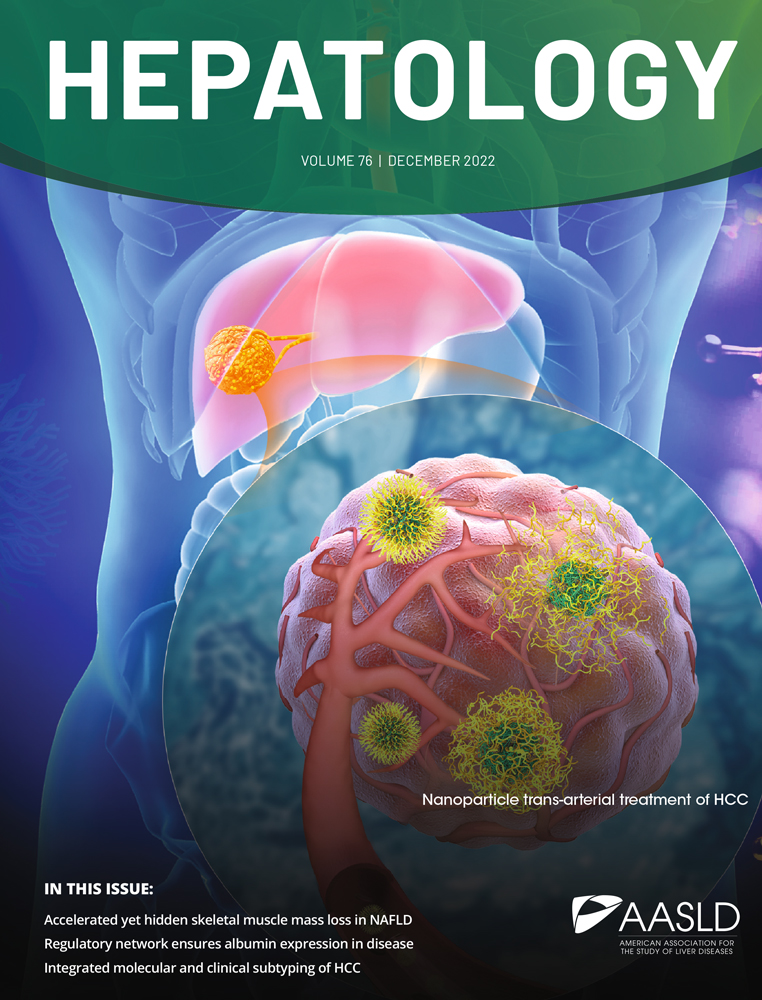Hepatocyte apoptosis: Is transforming growth factor-B1 the kiss of death?
Abstract
In previous studies hepatocytes undergoing cell death by apoptosis but not normal hepatocytes in rat liver showed immunostaining for transforming growth factor β1 (TGF-β1). Staining was much stronger with antibodies recognizing the pro-region of TGF-β1 than the mature peptide itself. Therefore we investigated the ability of both forms of TGF-β1 to induce apoptosis in primary cultures of rat hepatocytes. Mature TGF-β1 induced rounding up of the cells and fragmentation into multiple vesicles. As revealed by the DNA-specific stain H33258, the chromatin of these cells condensed and segregated into masses at the nuclear membrane; this was obviously followed by fragmentation of the nucleus. Ultrastructurally the cytoplasm was well preserved, as demonstrated by the presence of intact cell organelles. These features strongly suggest the occurrence of apoptosis. Quantification of nuclei with condensed chromatin revealed that mature TGF-β1 was 30-fold more effective than the TGF-β1 latency-associated protein complex. Finally, we administered TGF-β1 in vivousing an experimental model in which regression of rat liver was initiated by a short preceding treatment with the hepatomitogen cyproterone acetate. Two doses of TGF-β1, each 1 nM/kg, augmented the incidence of apoptotic hepatocytes 5-fold. Equimolar doses of TGF-β1 latency-associated protein complex were ineffective. These studies suggest that TGF-β1 is involved in the initiation of apoptosis in the liver and that the mature form of TGF-β1 is the active principle.




